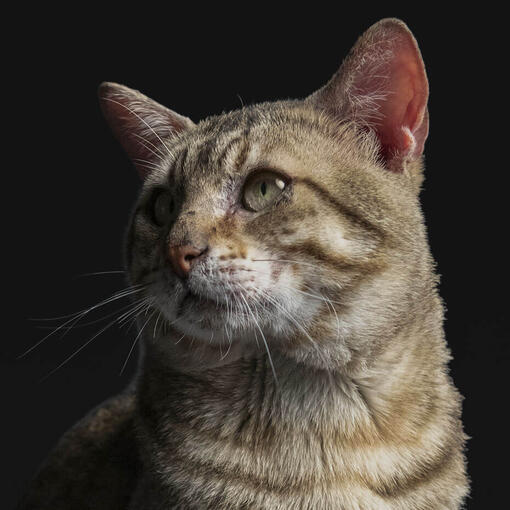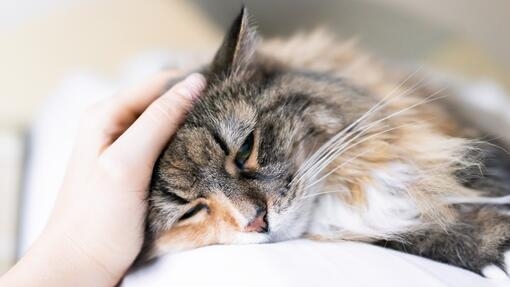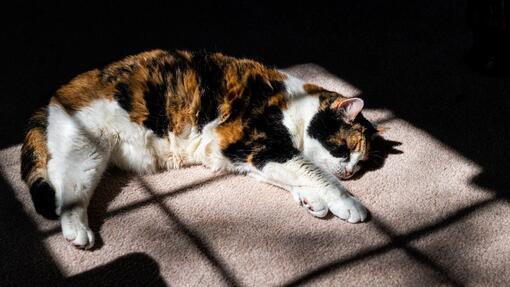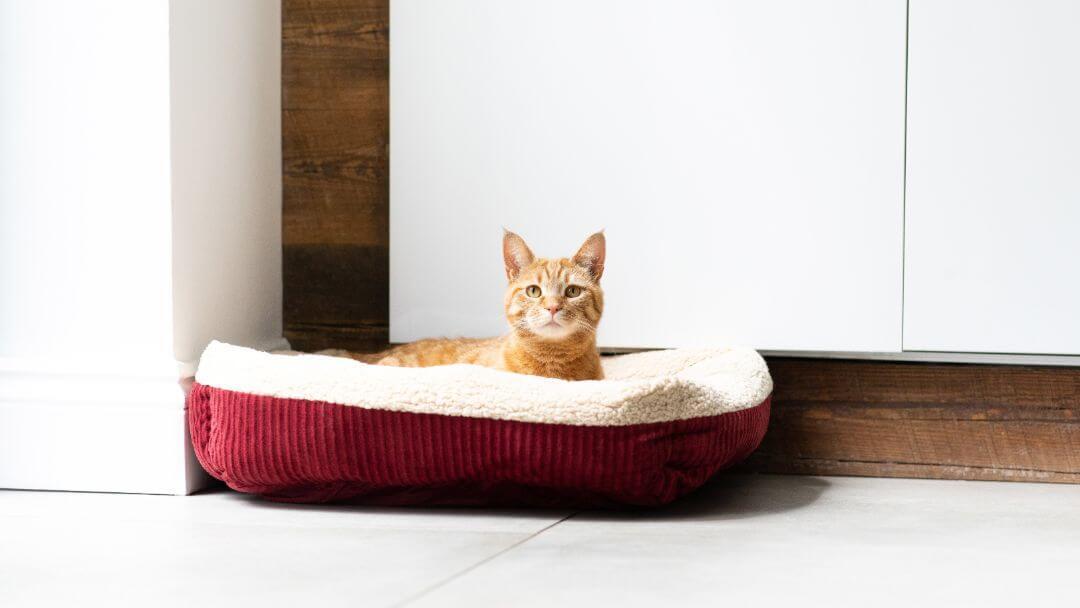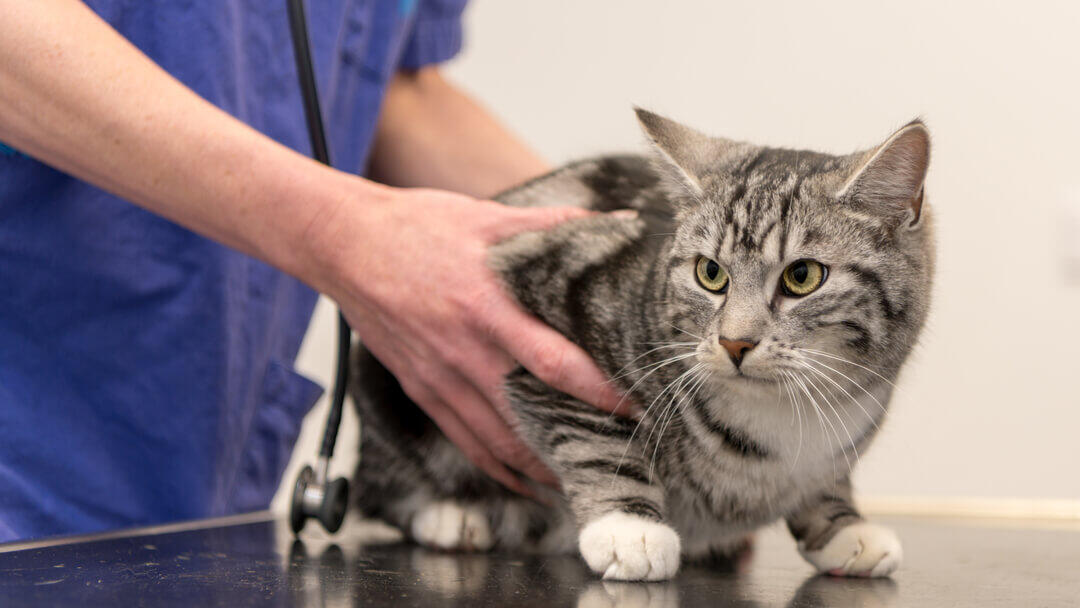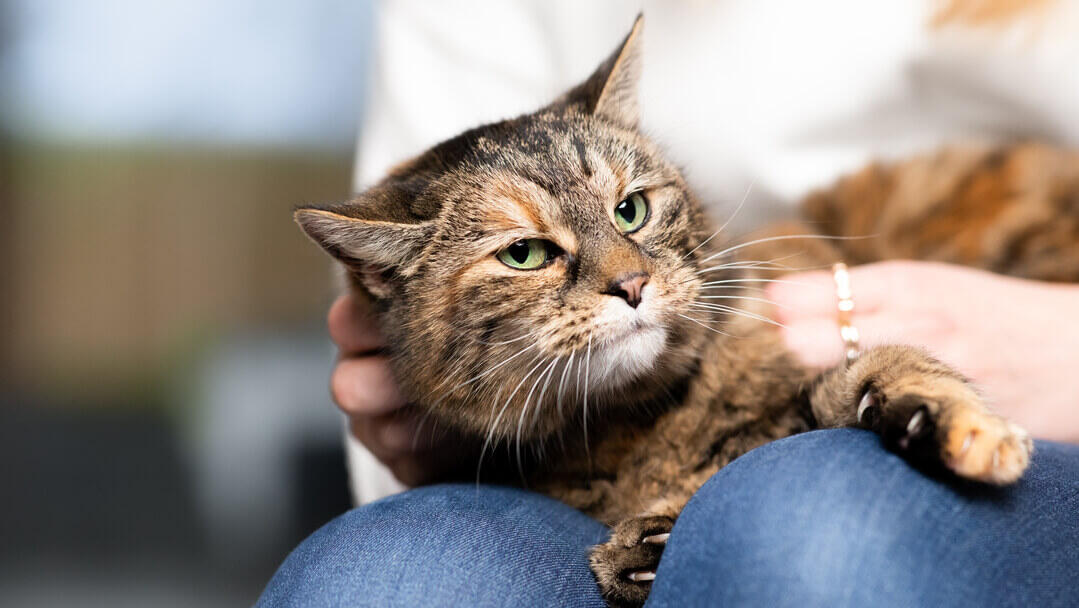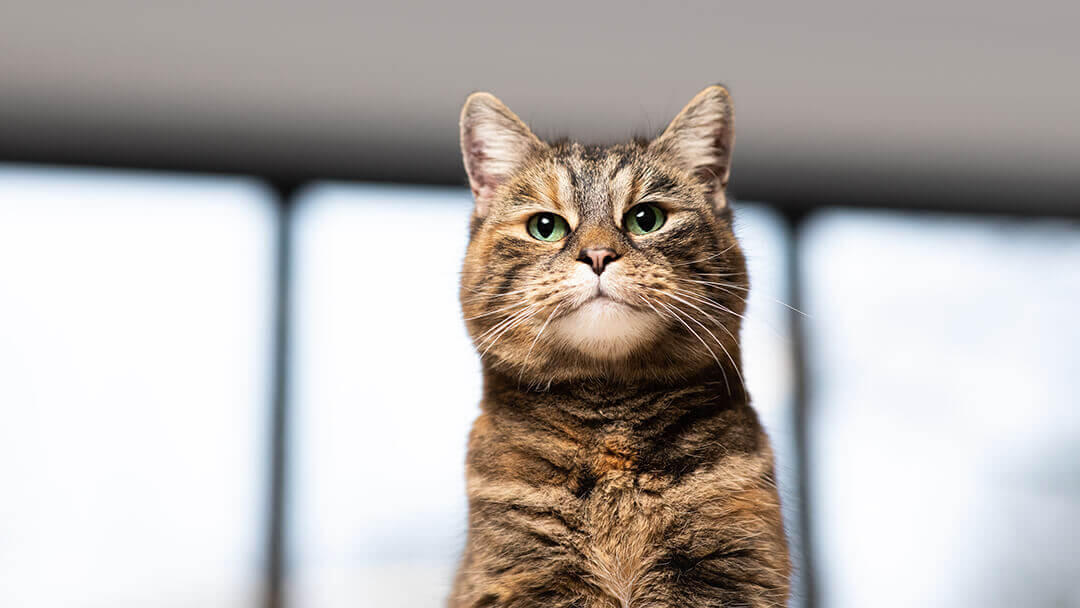


What is FIP (feline infectious peritonitis) in cats?
FIP is an uncommon but severe disease which is most often diagnosed in young cats (less than 2 years old). It is caused by an infection with feline coronavirus. It’s important to note that this is different from the coronavirus that infects people and leads to COVID-19. Feline coronavirus infection is very common, and in most cats, it only causes mild signs. However, in rare cases, the virus mutates and interacts with the immune system to cause FIP.
A mutated feline coronavirus can trigger feline infectious peritonitis, so before we get to the specifics of the FIP disease in cats, let’s look at what the feline coronavirus is and how your pet might get it.
What is the feline coronavirus?
The feline coronavirus affects cats and is not contagious to humans. However, it can easily transmit from feline to feline and it’s usually passed in cat faeces. This is why it’s more common in cats that are in close proximity with or share a household with other cats and are in contact with their litter trays.
The good news is that, despite being a very transmittable virus encountered by nearly every cat throughout their lives, feline coronavirus doesn’t typically make your cat visibly ill. The infection is normally limited to the intestinal tract, so if symptoms do manifest, they’re mild and you will usually notice your kitten suffering from diarrhoea for a few days and nothing more.
Why does feline coronavirus cause feline infectious peritonitis?
So how does a seemingly harmless virus turn into a more dangerous strain, capable of activating a disease that, without treatment, is fatal for most cats? As the feline coronavirus starts to replicate inside your cat’s body, mutations might occur. Scientists don’t know yet what is causing these mutations, but a weak immune system, stress and even age (with younger cats being more susceptible to FIP virus) have been proposed as possible explanations.
One of these mutations can turn the feline coronavirus into the feline infectious peritonitis virus which, instead of remaining confined to the intestinal tract, infects blood cells that then travel throughout the entire body. The immune system should be able to intervene at this point and fight off the infection, but if this does not happen, the cat will develop feline infectious peritonitis.
So, even if the cat becomes infected with the FIP virus, it does not necessarily follow that they will suffer from the FIP disease. A strong immune system will be able to stop the illness from being triggered. However, this means that young and old kittens with weaker immune responses are less likely to stop the virus and FIP may be triggered as a consequence. Despite this, the disease luckily remains quite rare in cats.
What are the symptoms of FIP in cats?
Unfortunately, FIP in cats can’t be easily recognised through symptoms alone. The first signs are vague and common to so many other conditions. Early symptoms of FIP include fever, weight loss, decreased appetite and lethargy.
But after a few days, other signs start to appear which are more worrying and give the disease the two forms it’s known for: ‘wet’ and ‘dry’ FIP.
Symptoms of ‘wet’ or effusive FIP
In this form of the disease fluid builds up in the abdomen making a swollen tummy one of the most obvious signs. This might also happen in the chest cavity causing breathing problems. But other diseases can cause this fluid accumulation as well, so it’s important to wait for more clear diagnostics from your vet in order to make a presumptive diagnosis.
Symptoms of ‘dry’ or non-effusive FIP
In this case of FIP in cats there will be minimal fluid accumulation and the symptoms will be vague and not specific to only one illness: weight loss, vomiting or lethargy. Inflammation might also develop and affect various organs such as eyes, kidneys, lungs or skin.
In both cases, once the symptoms appear they will progress rapidly in a matter of days or weeks.
How is feline infectious peritonitis diagnosed?
With no disease-specific symptoms and no blood tests currently available to confirm FIP, there is no simple way for vets to come to a diagnosis. This is why a series of tests will be used including blood work to identify any abnormalities or imaging such as x-rays or ulrasound to look for fluid build-up in the body. A biopsy of inflamed tissues has the best chances of revealing FIP in cats, but this requires surgery which is not recommended if a cat is too ill. And even if the biopsy is performed this does not always result in a definite diagnosis.
What is the treatment for FIP in cats?
In years gone by, FIP was usually a fatal disease. Fortunately, treatment is now possible and very promising results have been reported with antiviral medications. Pet carers will need to work closely with their vet as regular monitoring is essential and the patient may also need other supportive treatments such as anti-nausea medication and painkillers. Good nutritional support of patients with FIP is essential, and the vet may recommend a feeding tube if the patient isn’t eating.
Treatment of FIP has progressed massively in recent years and it is likely that the optimal strategy will continue to evolve. Pet carers should ask their vet what the most up-to-date advice is and avoid giving any supplements or medications without their knowledge.
Can FIP in cats be prevented?
Owners can help minimise the risk of this virus getting into their cat’s systems in the first place and reduce the likelihood that once in there it will mutate.
Keeping the litter box far away from the cat’s food bowl and cleaning it more often can help reduce the transmission of the feline coronavirus. And while many stressful situations for our pets can’t be avoided, there are ways to reduce their frequency, such as spacing out events that can be frightening for the pet. So, for example, if you’re moving house, make sure you don’t acquire another cat at the same time.
Crowded or poorly-maintained catteries can also contribute to the spread of the feline coronavirus. So, it’s always a good idea to visit or research any boarding facilities before bringing your cat in. The cattery should be well-managed, cleaned at least twice a day and there should be no bad odours.
And don’t forget to always keep an eye on unusual symptoms in your cat and contact the vet if they persist as soon as possible. Even a cough that won’t go away can be a revealing sign of something else going on in your cat’s body. If you notice this symptom in your pet, here is our handy article explaining the top reasons why your cat might be coughing.

Recommended by Pro Plan:
Related articles:



